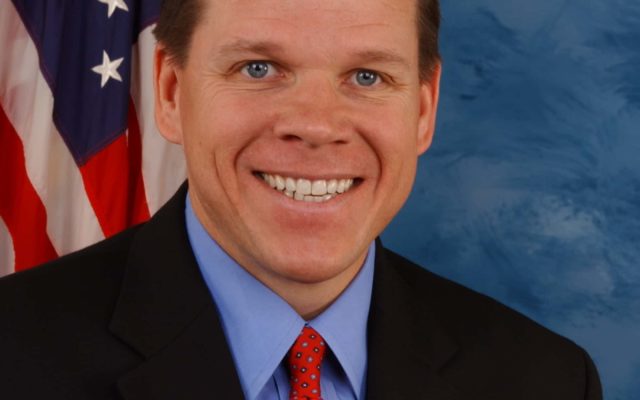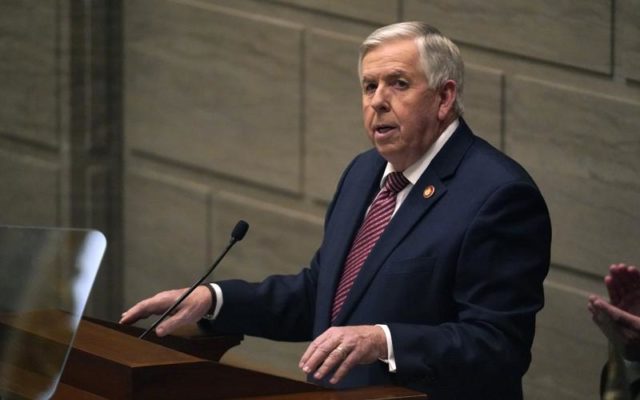Expediting Disaster Recovery

Dear Friend,
The 2019 Flood was among the worst we’ve ever seen in North Missouri. It didn’t hit as many folks as the 2011 Missouri River Flood or the ‘93 Flood, but unlike many of the floods we’ve seen in the past, the 2019 Flood stuck around for what seemed like an eternity. It took the better part of a year for the floodwaters to fall in some places. That put everyone way behind schedule on rebuilding and recovering.
We’ve seen our fair share of devastating floods, along both the Missouri and Mississippi Rivers, so nobody was under the impression that it would be easy. But I don’t think any of us expected it to be as hard as it was just to get a little help from FEMA.
It used to be that around 95 percent of FEMA projects were considered “small projects.” That meant they qualified for an expedited approval process with less paperwork. The thought was that because these projects accounted for just 10 percent of federal disaster funding costs, there wasn’t any need to bog folks down with unnecessary paperwork and tie up FEMA resources that would be better used to oversee larger projects that were ripe for waste, fraud, and abuse.
But as the years went by and inflation grew, that threshold—set at around $130,000—quickly became meaningless. By the time the 2019 Flood hit, 25 percent of FEMA projects were no longer considered “small projects” and were forced to go through an extended approval process with even more delays and paperwork, even though they shouldn’t have been.
I heard complaints from all over the region and when I talked to my colleagues from other states, I realized this wasn’t just an issue impacting us. It was impacting communities devastated by wildfires, tornados, and hurricanes. It was impacting everyone.
So, I introduced the Small Project Efficient and Effective Disaster (SPEED) Recovery Act to update FEMA’s small project threshold so 95 percent of projects could be approved under this expedited process again. It was a common sense solution to the problem we were all facing—and everyone saw that.
This week the House passed my bill, along with a small amendment from the Senate, sending this bipartisan reform to the President’s desk to be signed into law.
With the recent hurricanes striking Florida and Puerto Rico, it couldn’t have come at a better time. I’m glad that even today, we can find some common ground to get important things done, no matter how small it might seem to the pundits on cable news.
Sincerely,

Sam Graves



